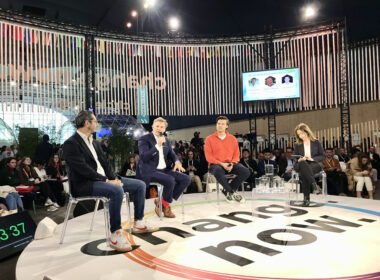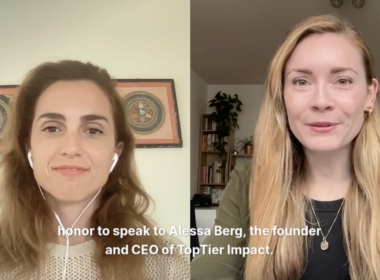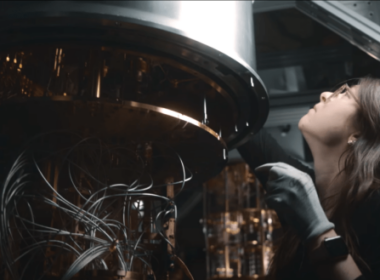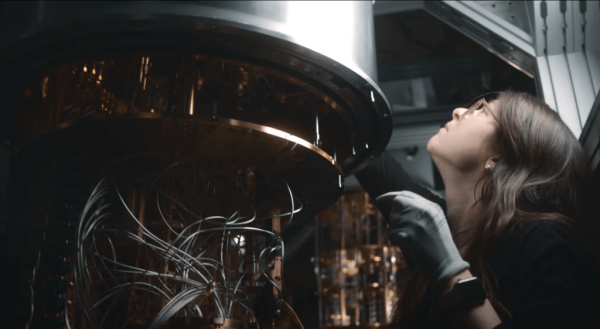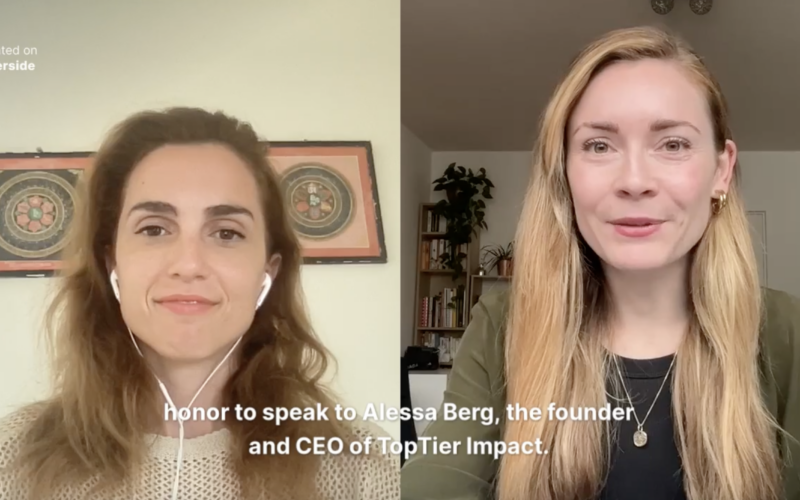The two quantum computer models are due in 2032
Insider Brief
- Five French quantum computer-research startups were awarded contracts to develop two universal quantum computer prototypes by 2032.
- France’s defense-procurement agency selected Alice & Bob, C12, Pasqal, Quandela and Quobly for the project.
- The agency will invest up to €500 million (about US$545 million) in the project.
In a recent development, the Defense Procurement Agency of France has awarded contracts to five innovative French quantum computer research startups. These contracts are aimed at fostering the development of technology to create two universal quantum computer prototypes by 2032, as reported by C4ISNET. The initiative underscores France’s ambition to leverage quantum systems for defense applications, with an investment commitment of up to €500 million (approximately US$545 million).
The selected startups—Alice & Bob, C12, Pasqal, Quandela, and Quobly—are recognized as pivotal players in the pursuit of quantum advantage, utilizing the principles of quantum physics to tackle complex problems more efficiently than classical computers. This initiative is in line with President Emmanuel Macron’s national quantum strategy announced three years earlier, which seeks to strengthen France’s sovereignty in the cutting-edge field of quantum computing.
According to a statement from the Ministry of Armed Forces, sent via email on March 6, quantum technology holds significant importance for national defense, with potential applications in cryptography and communications. The ministry emphasized the transformative potential of quantum technology in enhancing environmental perception, enabling material discovery, innovating information transmission methods, and providing secure navigation solutions.
The Defense Digital Agency (AND), operating under the procurement agency, will oversee the program’s development of quantum computer prototypes. This initiative builds upon France’s previous announcement to establish a hybrid quantum computing network, connecting traditional computing systems with quantum computers to facilitate access for research institutions, startups, and industry partners.
While the selected startups are esteemed for their contributions to quantum computing and related technologies, the ministry cautioned against prematurely predicting which among them will successfully navigate the challenges of engineering, manufacturing, and industrialization. To address this uncertainty, the partnership is structured as a three-phase competition, encompassing proof of concept, maturation, and industrialization.
After four years, the three most promising projects will be selected to advance the development of scalable logic qubits, as reported by C4ISNET. By the eight-year mark, the competition will narrow down to two technologies, focusing on transitioning from prototype computers capable of 128 logic qubits to commercial systems with 2,048 qubits, catering to the needs of initial customers. This structured approach reflects France’s dedication to leading in the quantum computing domain, potentially reshaping its defense landscape in the years to come.
Source: The Quantum Insider


